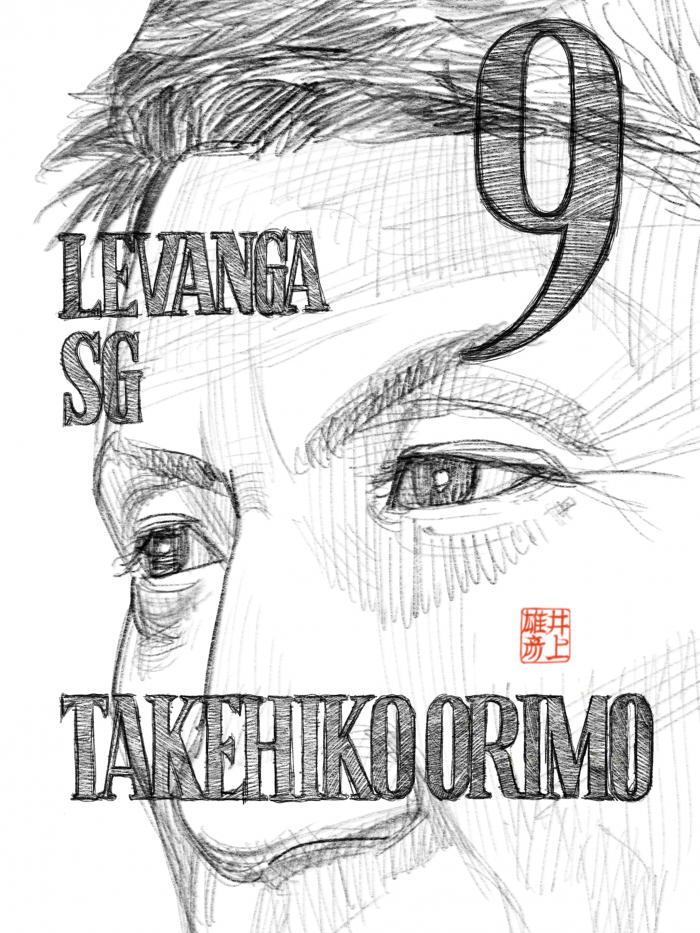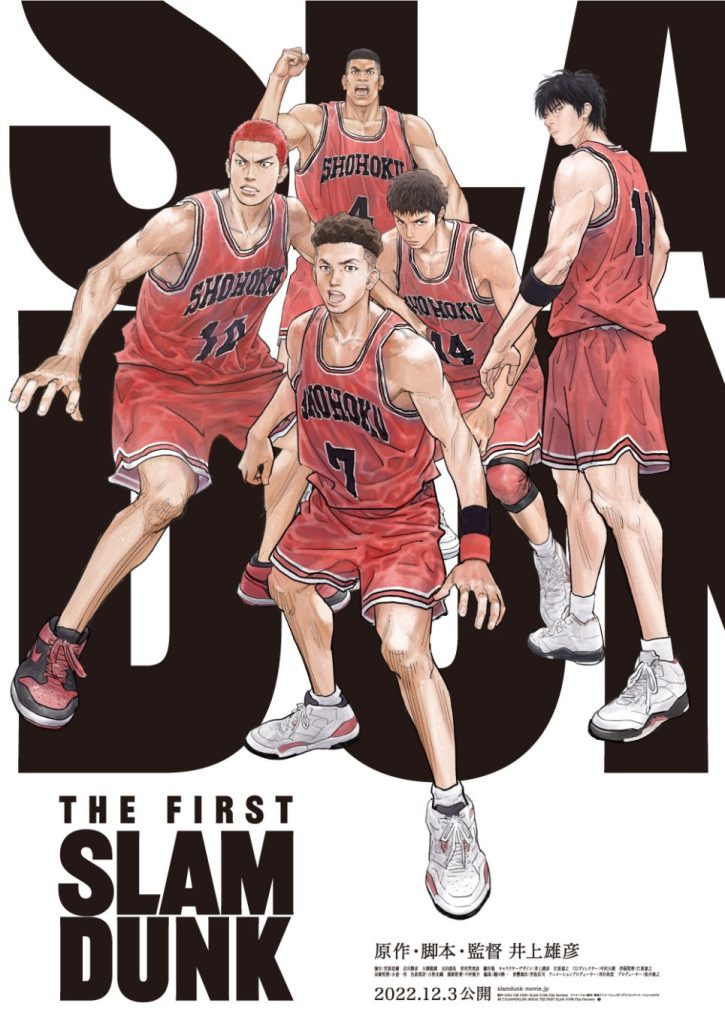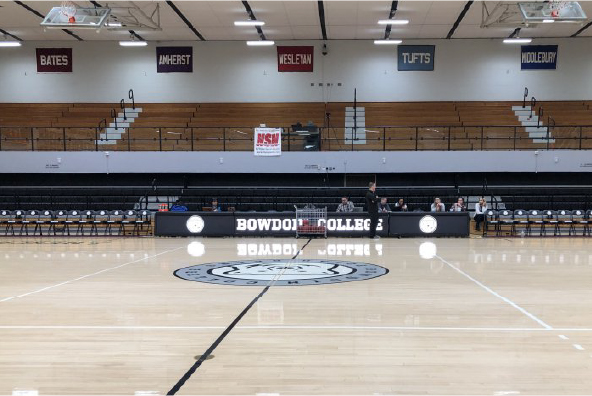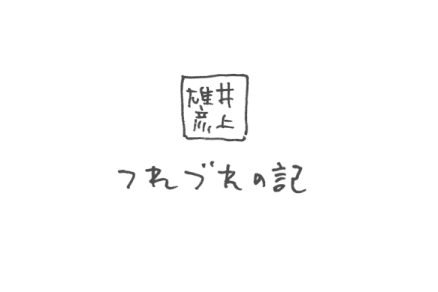
“I don’t consider myself a ‘shooter’. I consider myself a ‘scorer'”
There is only 3 years difference between Levanga Hokkaido’s Takehiko Orimo and I. I remember playing basketball with him in the gym of a neighborhood middle school when we were both in our 20’s. It’s been almost a quarter century since then. Takehiko Orimo hasn’t changed, and is yet a different person, both at the same time.
He has been a pro for 24 years. He is a 46 year old, currently active, pro basketball player. He is an athlete in the B League, as well as Levanga Hokkaido’s president. It would be rare to find someone like Orimo even if you looked through all of sports history. I had the chance to speak with him after their 2 point loss to Alvark Tokyo.
(You can read the article here: http://www.asahi.com/articles/ASJDQ4KB7JDQUTQP00K.html )
“I sucked.” That’s what he coughed up about his performance that night. 4 points. There were air balls, and there were turnovers at important times. The team fought hard to come to within 2 points, but he shook his head in self deprecation as it was the worst night he had had in the last several years. He was laughing on the surface, but he was very exasperated.
For Japan to be able to compete at the same level as the top teams of the world, one area they need to address is how to improve the scoring ability of each individual player regardless of position. So it is only natural to hear the thoughts on how to shoot from the man who is by far the scoring leader in the history of Japanese basketball. What is the most important feel when shooting? What are some guidelines to finding a groove? I dove straight into asking about the core principles of shooting. Orimo’s answer was the instant when the ball leaves your fingertips. Let your fingernails grow a little bit. You can tell whether it is good by whether there is a sound at the instant of release. If you don’t hear a sound it won’t go in.
In addition, he talked about the importance of being able to adjust. You can’t miss 2 shots short, then 2 shots long. If you miss short, then you have to shoot longer next time. If you miss, you have to miss long.
“Shooting is all about how you, yourself, internalize it”. Orimo states that if the form fits a person, then it’s fine if every one is different. Certainly, even if you wanted to have a set position for the ball, that position would naturally change based on the rigidity or softness of your wrist, and whether you are right or left handed. Even if there is some theory behind it, there is no single correct answer. It feels like the key is in “how you, yourself, internalize it”. You take a shot, then you listen to the feedback that your body gives you.
Orimo started playing basketball in middle school, playing center until high school. What type of training did he go through to become a great shooter? What did he focus on? “I had only played where I got the ball with my back to the ring. I had not played where I started facing the ring.” He wasn’t known as a shooter until well after he entered Nihon University. “Since I started playing position 2, I couldn’t dribble and I wasn’t fast on my feet. When I thought about how I could survive, I only had my shooting. At the time, I practiced 500 shots a day.”
“I don’t consider myself a ‘shooter’. I consider myself a ‘scorer'” The nuance of the word “scorer” is that they don’t worry about the how, but they instead focus on getting more points than anyone else. A “shooter” is someone who shoots from the outside and is especially good at 3-pointers. Orimo is certainly not like other 3-point shooters who will always shoot from outside the 3-point line if they take a long shot, even if it means moving back a little. In fact, the image of him pulling a fake on the outside defense to make space and moving in for a jump shot is just as strong as the one of him shooting 3-pointers. He doesn’t have a bias for 3 points. He instead cares about getting points, and even before that, getting free. The league and the Japanese National team know what can happen when Orimo gets free. His opponents desperately mark him to prevent that from happening. How does he break free from the mark? You can tell that the “scorer”, not “shooter”, Orimo takes fierce pride in getting free and taking the high percentage shot.
(To be continued)
2017.01.05

Recent Post







